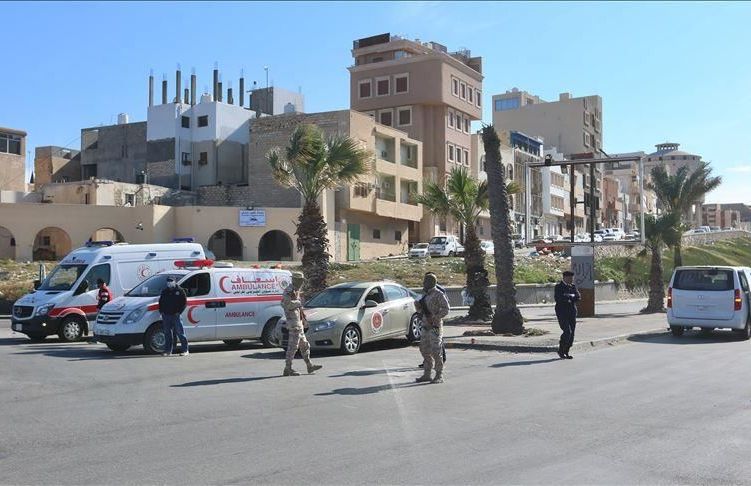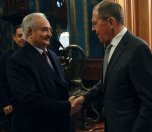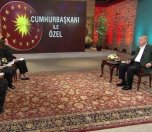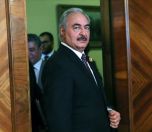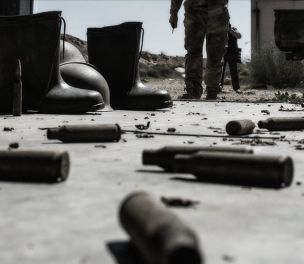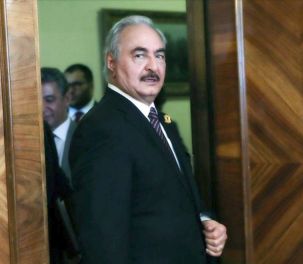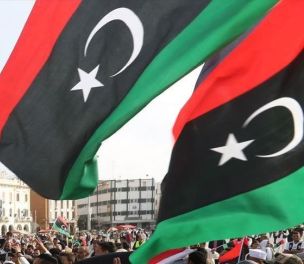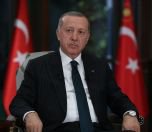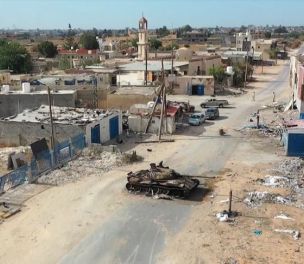Photo: AA
Click to read the article in Turkish (1) (2)
Foreign ministers of the European Union (EU) gathered in Brussels today (July 13) to discuss Turkey and international issues in an actual meeting for the first time since the Covid-19 pandemic broke out.
The bloc's relationship with Turkey is "the most important item on the agenda today," EU foreign policy chief Josep Borrell told journalists before the meeting.
"The relationship with Turkey is not especially good at this moment," he added.
EU sources confirmed last week that ministers would discuss the prospects of the 2016 EU-Turkey agreement on migration, as well as disagreements over Turkey's territorial and energy exploration rights in the Eastern Mediterranean, France's allegations on Turkey's harassing one of its vessels taking part in a NATO mission.
Foreign minister: EU is practically sanctioning GNA
Minister of Foreign Affairs Mevlüt Çavuşoğlu has criticized the EU over its "Operation Irini" in the Mediterranean Sea, which aims to enforce the arms embargo on Libya, saying that it is "practically sanctioning the legitimate government," referring to the UN-recognized Government of National Accord (GNA).
In an article he wrote for Politico, Çavuşoğlu called on Europe to "stand up and cry foul in the face of the shocking discovery of mass graves in Tarhuna containing the bodies of victims allegedly killed by Haftar's forces".
The war in Libya and Turkey's stance Libya has been torn by civil war since the ouster of late ruler Muammar Gaddafi in 2011. The country's new government was founded in 2015 under a UN-led agreement, but efforts for a long-term political settlement failed. The UN recognizes the GNA headed by Fayez al-Sarraj as the country's legitimate authority as it battles Khalifa Haftar's Libyan National Army (LNA). Turkey signed a security pact with the GNA in December 2019 and has sent military personnel and equipment to the country to support the Tripoli government. The GNA launched the "Operation Peace Storm" in March to counter Haftar's attacks on the capital Tripoli, and recently captured several locations, including Tarhuna, Haftar's final stronghold in western Libya. |
"Meanwhile, the blockade on Libya's oil resources is depriving the Libyan people of a crucial resource," he added.
He stressed that "leaving Libya at the mercy of a warlord was, and remains, a gross mistake," noting "Turkey's technical and training assistance to the legitimate government in Libya upon its request has changed the balance on the ground and increased the viability of diplomatic efforts like the Berlin Conference."
Çavuşoğlu also addressed France's accusations about an incident involving its warship and vessels of Turkey in the Eastern Mediterranean.
"When those claims were not verified by NATO, Paris withdrew from an important alliance operation. Others will judge whether that was a good strategic choice," he said.
Erdoğan spoke with Putin
The presidents of Turkey and Russia have spoken over the phone to discuss developments in Libya and Syria as well as other regional issues, the Communications Directorate has said.
Recep Tayyip Erdoğan and Vladimir Putin agreed to maintain coordination for regional peace, security and stability, according to the statement.
The presidents also discussed steps to be taken to strengthen economic relations and cooperation against Covid-19. (PT/VK)




